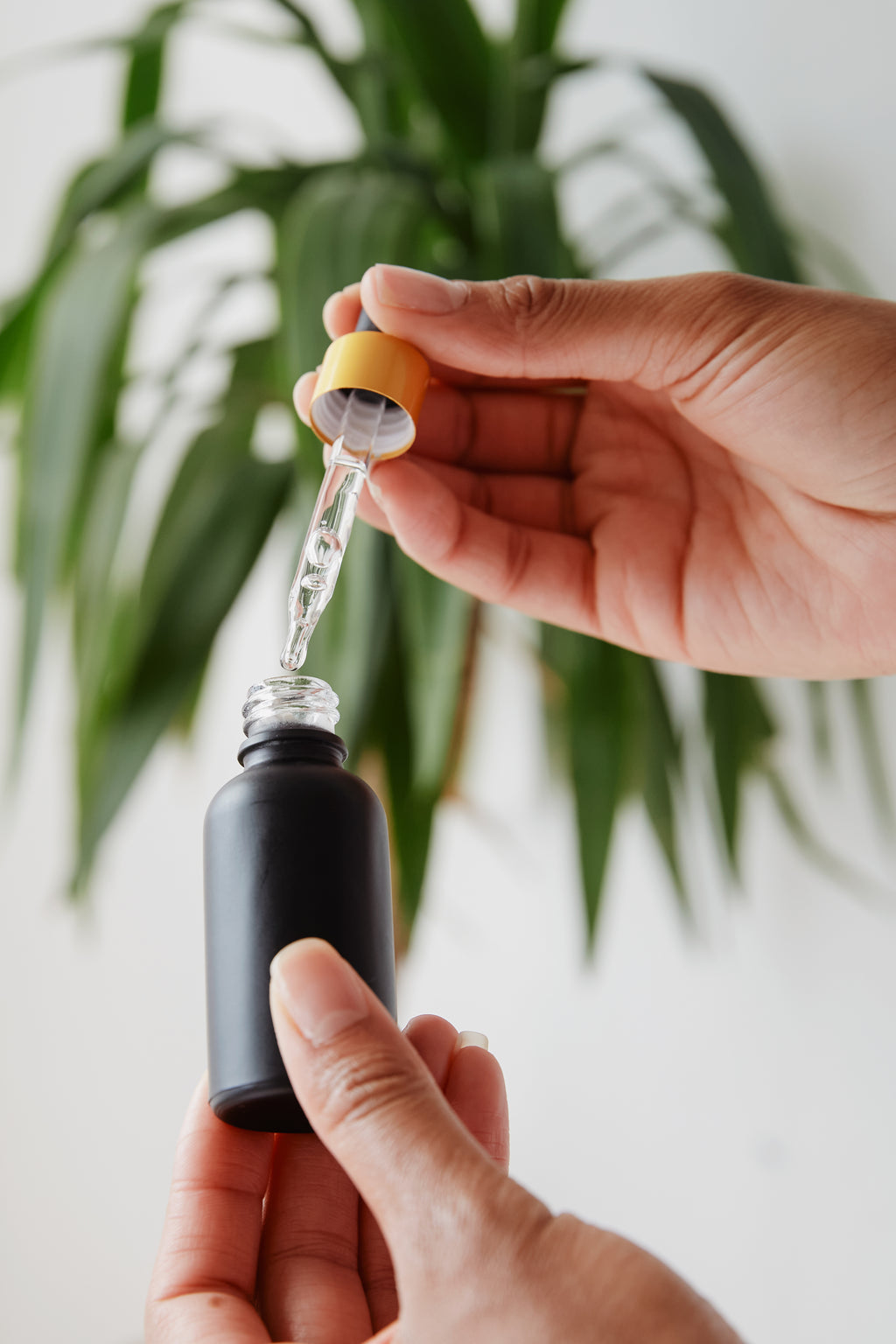Vitamin C is one of the most popular and effective active ingredients in cosmetics. This vitamin is not synthesized by the human body, in contrast to, for example, the organisms of rats and mice.
A person receives vitamin C with food. First of all, the substance enters the internal organs, and to the skin - according to the residual principle. In addition, vitamin C does not accumulate, and therefore must enter the body on a regular basis. If you use vitamin C only internally, it will not solve the skin problem. And if you add vitamin C to a cream or serum, it will get to its intended purpose.

VITAMIN C FUNCTIONS FOR SKIN
Vitamin C is involved in the synthesis of collagen. This substance contributes to the transformation of lysine into oxylysine, which forms the cross-links of elastin and collagen. If the body does not get enough vitamin C, the probability of forming atypical collagen decreases. Due to its essential role in collagen synthesis, vitamin C is one of the most powerful anti-aging assets.
Vitamin C has the following properties:
- Strong antioxidant.
- Able to even out the skin tone, give it radiance.
- Lightens pigment spots, traces of post-acne, as it can inhibit the enzyme tyrosinase, which is involved in the formation of melanin.
- Prevents skin photoaging, protects against solar activity and reduces its effects.
- Strengthens capillaries, as it affects the synthesis of collagen types I and III, they are the ones that seal blood vessels.
- In some forms, it has antibacterial properties.
- Has an anti-inflammatory effect.
- Improves absorption of some other assets, for example, B vitamins, vitamin E.
- May have moisturizing properties (this property depends on the form of vitamin C).

In cosmetology, the use of vitamin C in its pure form is impossible, because ascorbic acid is an extremely unstable substance. During contact with air, it begins to disintegrate and loses its properties. Disintegration occurs very quickly.
One of the unstable forms of vitamin C that is still used in cosmetics is L-ascorbic acid. The active decomposes for many reasons: light, oxygen, temperature, pH increase, heavy metal ions. This form of vitamin C brightens the skin well and has exfoliating properties.
In order to create stable forms of vitamin C, ascorbic acid is combined with various substances in the cosmetics industry. The result is inert components that break down during penetration into the skin, releasing vitamin C directly in the epidermis.
The most common forms:
- magnesium ascorbyl phosphate;
- sodium ascorbyl phosphate;
- ascorbyl palmitate;
- ascorbyl tetraisopalmitate.

There is a myth that cosmetics with vitamin C cannot be used in the summer. However, this does not apply to all forms. If you use industrial cosmetics with L-ascorbic acid, it is better not to use it in the summer, because it is active at a low pH of the finished product. As a result, such cosmetics can irritate and thin the epidermis, and the skin can react more strongly to solar radiation.

